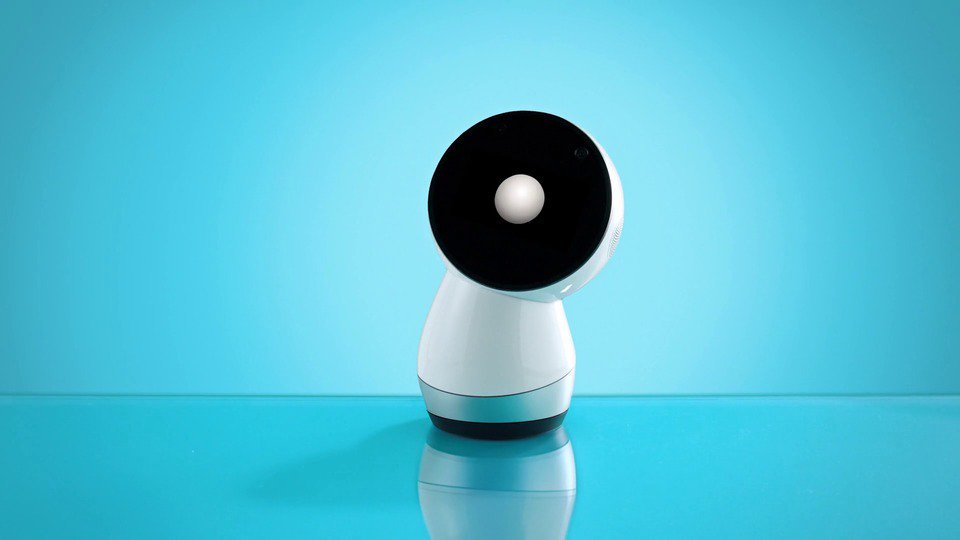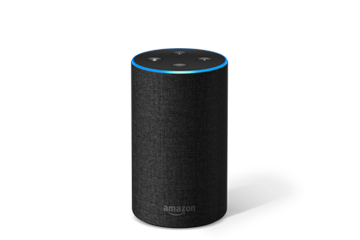
Robots Are Turning More And More Social, But Are We Ready To Accommodate Them?
There is a dramatic change in the robotic industry with the rolling out of personal home robots that have the capabilities to socialize with people and live with us in our living rooms and kitchens. But the big question is, are humans ready for the fast change? Are they mentally prepared to accommodate these ‘beings’ into daily life?

The time taken to build robots having capabilities just of a fractional function compared to those portrayed in science fiction is several decades. But these era’s robots does not seem resemble with its fictional predecessors as they don’t have the ability to walk but roll and sometimes they even lack limbs. And they not at all find a match in terms of language, social skills and physical dexterity of normal people.
The worse point is that they are losing attraction to immobile smart speakers being forayed into the market by the likes of Amazon, Apple, and Google, and the cost too is effective with just a fraction of what the social robots price is. And the plus is that these speakers are powered by artificial-intelligence systems that leave behind the limited abilities of robots.

But the trend has not discouraged the ambitious robot-makers to come up with life-like robots into the market. And these attempts have yielded mixed results so far.
Two of them come out of the lot- Jibo, a talking speaker with curvy looks, and Kuri, a cartoonish look with wheels- but they have faced casualities. Another less expensive robot, the Vector was unveiled by its makers on Wednesday with a hope that it will be a bigger hit.
But despite that, some others, including a rumored Amazon project and robots made to provide companionship for elder citizens, still remains in the development phase.
“I think we’re going to start seeing some come to market this year,” said Vic Singh, a founding general partner of Eniac Ventures, which has hugely invested in several robotics startups. But he warns that there will be specific uses of it.
The last year saw the almost featureless Jibo gracing the cover of Time Magazine’s “best inventions” edition. The creator of Jibo, who is MIT robotics researcher with name Cynthia Breazeal, told The Associated Press at the time that “there’s going to be a time when everybody will just take the personal robot for granted.”
Jibo has a height of about 1 feet and is vaguely conical device topped by a wide hemispherical “head”, does not move and stays where you leave it. But it has got the ability to swivel its flat, round screen “face” to meet your gaze; can tell jokes and play music for you and can shimmy convincingly when you command it to dance. The robot was pitched as “the world’s first social robot for the home”.
You May Also Read: Voter Turnout Recorded Very Low In Third Phase Too For Jammu And Kashmir Local Elections